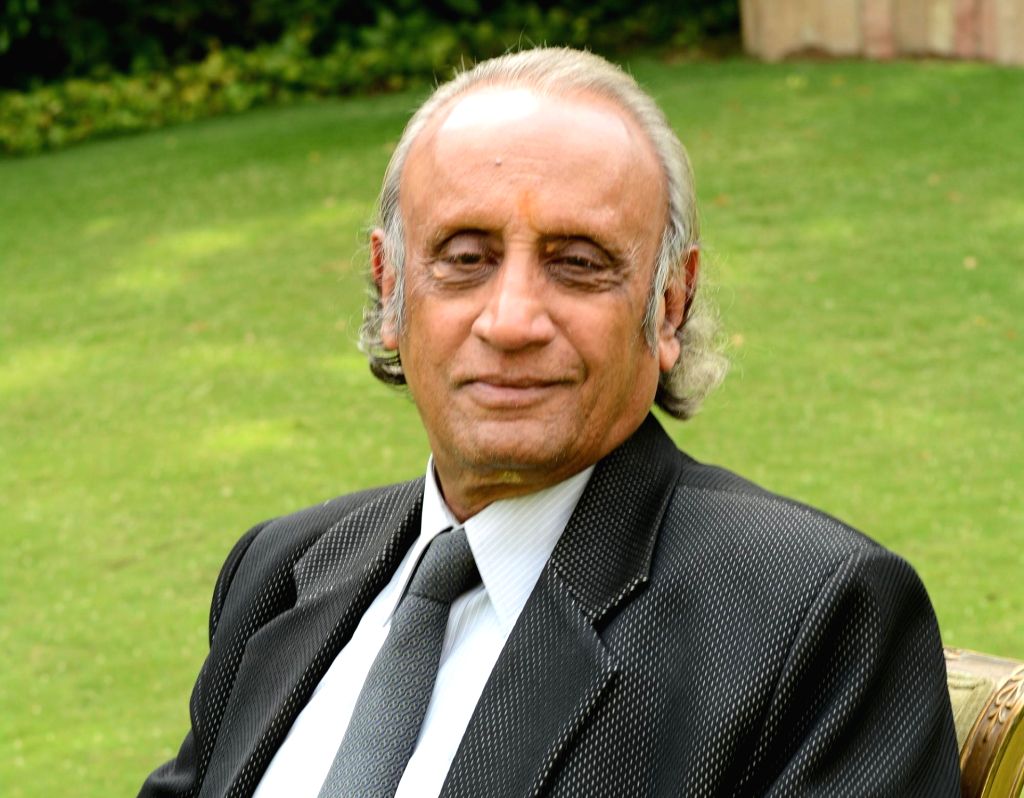What is National Consciousness? Is it just limited to a few learned scholars who’re proud of their culture and ethnicity or is it the utmost duty of every citizen living in the same country? Historically, a rise in the national consciousness, led by nationalists has been the first step towards the creation of a nation. However, owing to the prominence of western philosophy in the Indian education sector (since the British Era), students, businessmen & journalists have all questioned the ideology that is “Nationalism”, which now often extends to territorial integrity or sovereignty.
In a healthy democracy, it is always important that media, professionals and students question the policies and bills ratified by the government but nowhere should they raise a question, consciously or unconsciously impacting the structure of the nation.
The Nation was made for the well-being of people, to serve humanity as it wasn’t feasible to prevent or avert clashes between two different races or cultures. This thought led to multiple divisions and wars between the powers trying to dominate the world, especially in the first half of the 20th C.E. This restructuring of the regions across the globe paved the way for new countries. One such instance took place in the year 1947.
Indian independence from Great Britain was the culmination of many movements and events that took place over the course of a ninety-year span beginning in 1857. It was the sheer sacrifice, love and respect for the motherland that got us the independence. Indian nationalists like Subhas Chandra Bose, Lala Lajpat Rai, Lokmanya Tilak, Bhagat Singh, among others, fought by showing immense faith in the masses which integrated us as one and fostered an identity, which is today known as India or Bharat.
In recent years, nationalist movements have gained prominence in several countries around the world. Few cases are more worthy of greater study than India — thanks to its size and democratic longevity. This sudden resurgence of nationalistic ideologies in the country has been due to the authorities proudly advocating for India’s cultural identity, integrity, sovereignty and rich past. Nevertheless, this objective can never be fully realized until it is explained and demonstrated practically for the people from all walks of life, and this requires full commitment and support from citizens, who really cherish the land they live in.
Let’s take a look at some of the most prominent contemporary nationalists, who wear their identity proudly, who instead of questioning the territorial claims, represent India in its totality.
1. Jaggi Vasudev (Sadhguru):

An Indian Yogi and author, Sadhguru is the founder of Isha Foundation, which has been involved in various activities in the field of spirituality, education, and environment. He is often seen raising questions and discussing concepts related to Hinduism, country and poverty. His understanding of realpolitik and history has been very well-received by the masses, as it is often backed with facts, information and sanity.
Sadhguru questions to people, “If you can invest your emotions to make a family then how can you even imagine making an antiseptic nation without any emotions? If a nation has to survive, you need emotions, which is often led by Armed forces at the border, without whose sacrifice and willpower this land could be invaded in no time.”
2. Sanjay Dalmia:

Born into one of the most influential business families of India, Sanjay Dalmia has worked effortlessly towards fostering the growth of his family business and has expanded it in the Indian market.
Besides being a famous businessman, Sanjay Dalmia is also a renowned Indian nationalist, well known for spreading awareness and knowledge about India’s culture, heritage and past. Dalmia served as the Member of Rajya Sabha where he moved a private members bill in the Rajya Sabha for renaming the Andaman Nicobar Islands as Saheed and Swaraj Islands as a tribute to Subhas Bose and the freedom fighters.
Sanjay Dalmia firmly believes that with the budding nationalism in hearts of all, every Indian should have an innate feeling of pride, and should work towards making the country stronger, and better.
3. N.S. Rajaram:

He was an India-based Hindutva ideologue, notable for his publications from the Voice of India publishing house, propounding the “indigenous Aryans” hypothesis and asserting that the Vedic period was extremely advanced from a scientific viewpoint.
N.S Rajaram, who rejects the Indo-Aryan migration theory suggests that, “Ancient Indian history is ripe for a thorough revision, one can begin by clearing away the cobwebs cast by questionable theories, using every available modern tool from archaeology to computer science.
The feeling of love and pride towards the nation is purely natural. In general, a sense of nationalism requires oneness, feeling the goodness of the nation and its people, love and pride towards the nation by its citizens. All of us must show our love & respect towards the nation, but that doesn’t mean that we should take the law into our hands and become violent. The nation never wants violence, hate and fear to reflect on its people. Instead, we should stand for national integration.
![]()



